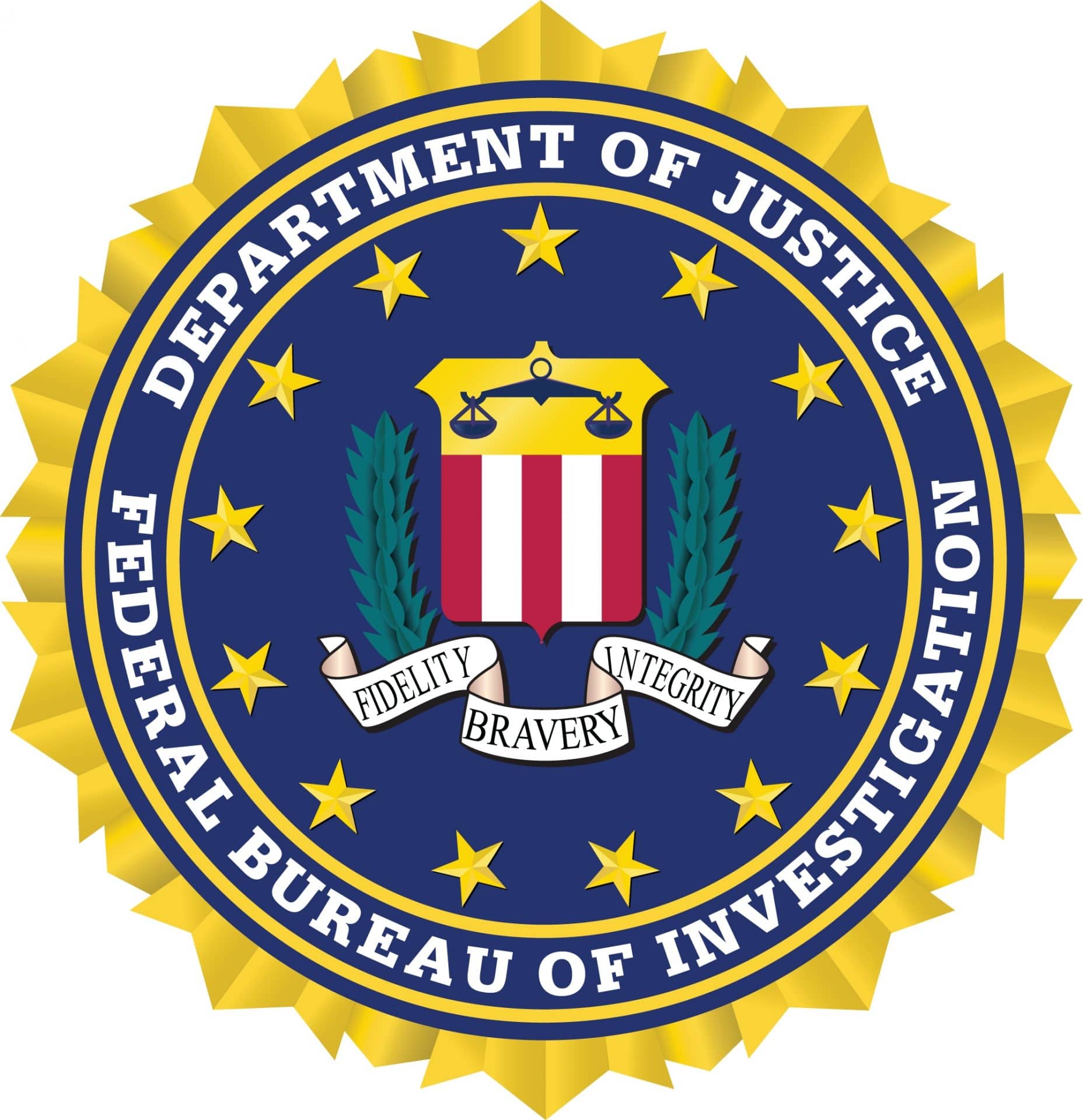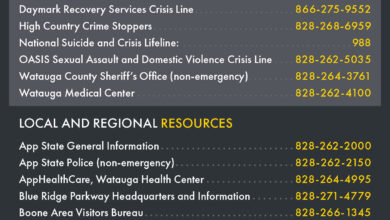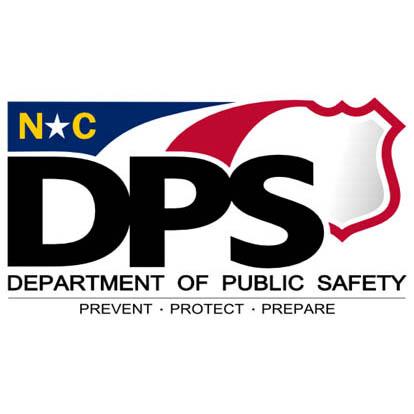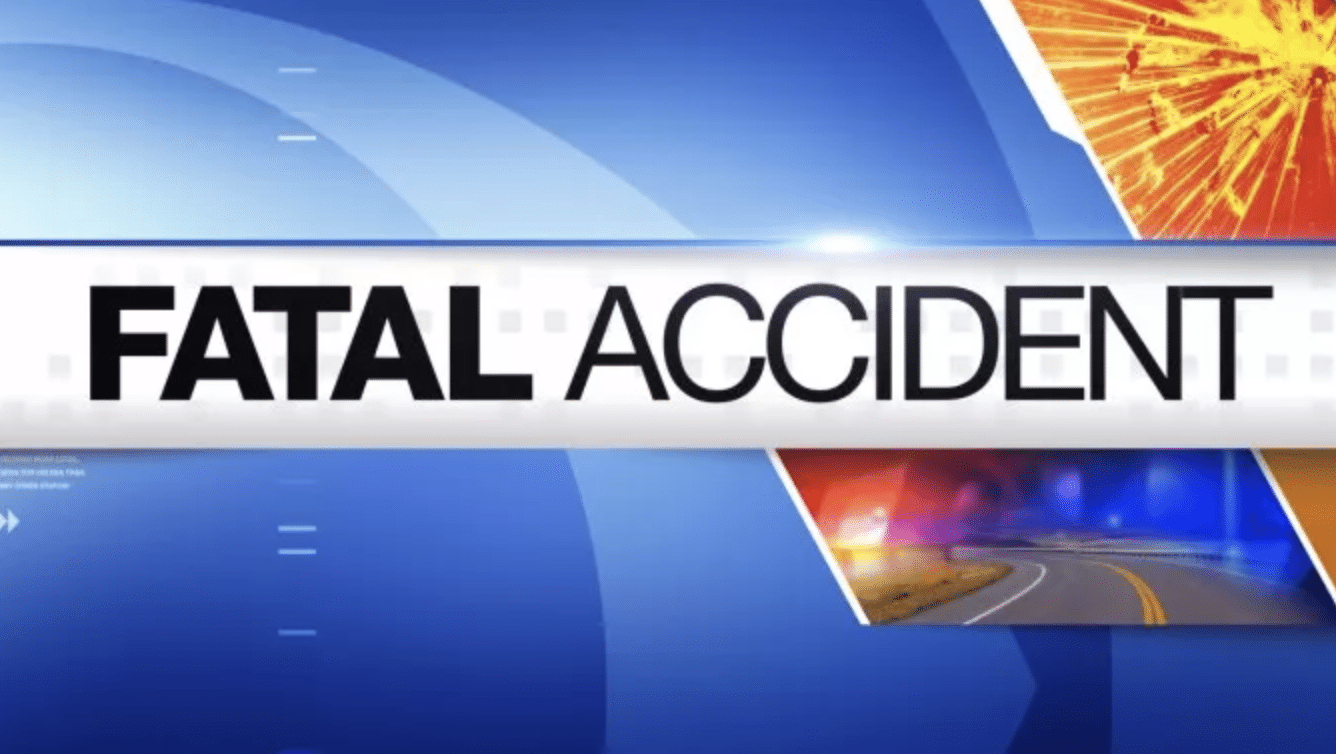
Last Updated on June 15, 2021 3:28 pm
Scammers never stop; they work around the clock to cash in on the latest scheme hoping to steal your money or your identity. You’ve heard many of their pitches: they pretend to be romantically interested in you, say they are a relative in trouble, or pretend to be collecting money for a charity after a natural disaster. Soon, the cycle of fraud begins. When a warning is issued about their scheme, they adapt and make enough changes to their pitch to convince the victims their claims are real. It’s time to crush their crime sprees. FBI Charlotte is launching a new public awareness message, “Scams change, red flags don’t!” No matter what type of story you hear via email, text, phone, social media, by mail, or in person, scams change, but the below red flags don’t. Here are our top ten red flag fraud signs.
- Requests payment via gift cards, wire transfers, or virtual currency.
- Creates a sense of urgency or deadline to pay quickly.
- Demands secrecy from you.
- Poor grammar or misspellings.
- Payments offered in amounts higher than listed price.
- Email addresses disguised to seem legitimate.
- Unsolicited emails, texts, etc., requesting you confirm usernames and/or passwords.
- Requests to move to a new platform to communicate.
- Requests to access your personal bank account to pay you for a service.
- Unsolicited emails with links or attachments.
No matter what type of story someone is telling you, as always, if it sounds too good to be true, it probably is. FBI Charlotte created a series of videos to highlight these common red flag fraud signs. They will be published on the FBI YouTube account and on @FBICharlotte’s Twitter account. If you have been victimized by a cyber fraud, you can report it to the FBI’s Internet Crime Complaint Center at www.IC3.gov.

















